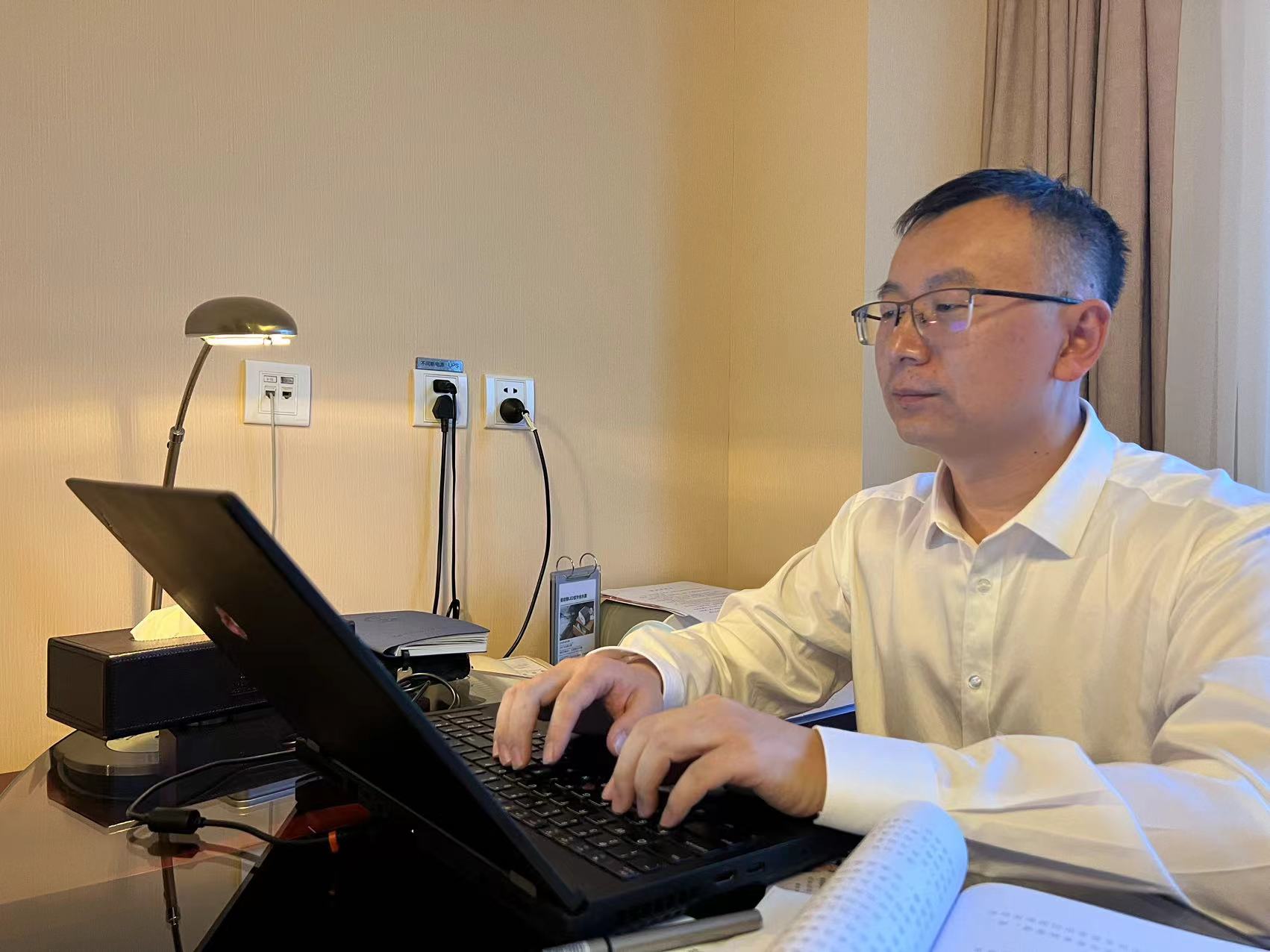
Yan Hongwei, deputy head of the Baotou Research Institute of Rare Earth's Hangzhou branch.
China should build a national technological innovation center for rare earth new materials in Baotou, North China's Inner Mongolia Autonomous Region, which is home to the world's largest rare earth reserve, a deputy to the ongoing National People's Congress (NPC) has suggested. This will elevate China's capacity in independent innovation in the rare earths industry and help fend off the impact of restrictions on imports of the critical minerals imposed by the US and its allies.
China's rare earth industry, although it has made great strides in the past decade, still lacks sufficient research and innovation. It faces mounting challenges from developed countries, including the US, Japan and some European countries, Yan Hongwei, deputy head of the Baotou Research Institute of Rare Earth's Hangzhou branch, who is also a deputy to the 14th NPC, told the Global Times on Monday.
In order to tackle those problems, Yan, along with other NPC deputies in rare earth industry from the Inner Mongolia, submitted a motion to this year's NPC, China's top legislature, proposing to establish a national-level innovation center of rare earth in Baotou. According to Yan, the center can gather talents and resources in the rare earth mining industry from all over the world and make quick breakthroughs in strangleholds, which will help reduce costs and maintain China's leading position in global industry.
Competition surrounding rare earth, which ais used to make components in a wide range of products, including smartphones, electric vehicles and precision-guided weapons, has grown fiercer in recent years. China is the world's leading reserve, producer and exporter of this critical mineral.
Baotou is dubbed the "capital of rare earth mining" as it is China's largest raw material supplier of rare earth. The city accommodates 10 national-level innovation research platforms for rare earth technology.
Yan said China's rare earth innovation is spurred partly by outside pressure, as the US, along with its allies, are seeking to disconnect from the rare earth supply chain and rival China in this field. Emerging rare earth suppliers in Southeast Asia are keeping pace with China by upgrading their industries.
The Biden administration in February announced actions taken by the federal government and private industry in the country to boost the supply chain for rare earth and other critical minerals, in a bid to reduce reliance on China.
The measures include a US$35 million contract from the US Department of Defense to MP Materials, the only integrated rare earth mining and processing site in the US, to process heavy rare earth elements at the company's California production site - the first processing and separation facility of its kind in the US.
Experts doubt the move will bear sizable fruit. "First of all, our rare earths are of high-quality with fair prices, which give them an absolute competitive edge… not to mention China's sheer production capacity of this critical material," Yan said. "Rare earths concern our national resource safety… The thing about the US is that it pays special attention to the safety of its supply and industrial chains. That's something we should learn from," Yan said.
China is already spending big to upgrade and strengthen its rare earth supply chain. In 2021, the regional Inner Mongolia government said it had spent 12.9 billion yuan ($1.9 billion), a record high investment amount for the region, in 41 new rare earth magnet projects since October 2021, according to media reports.
Although countries all want to have share of the rare earth industry, "we have an edge that they don't, which is to use the country's system and gather all talents and resources together to work on this problem," Yan noted.


